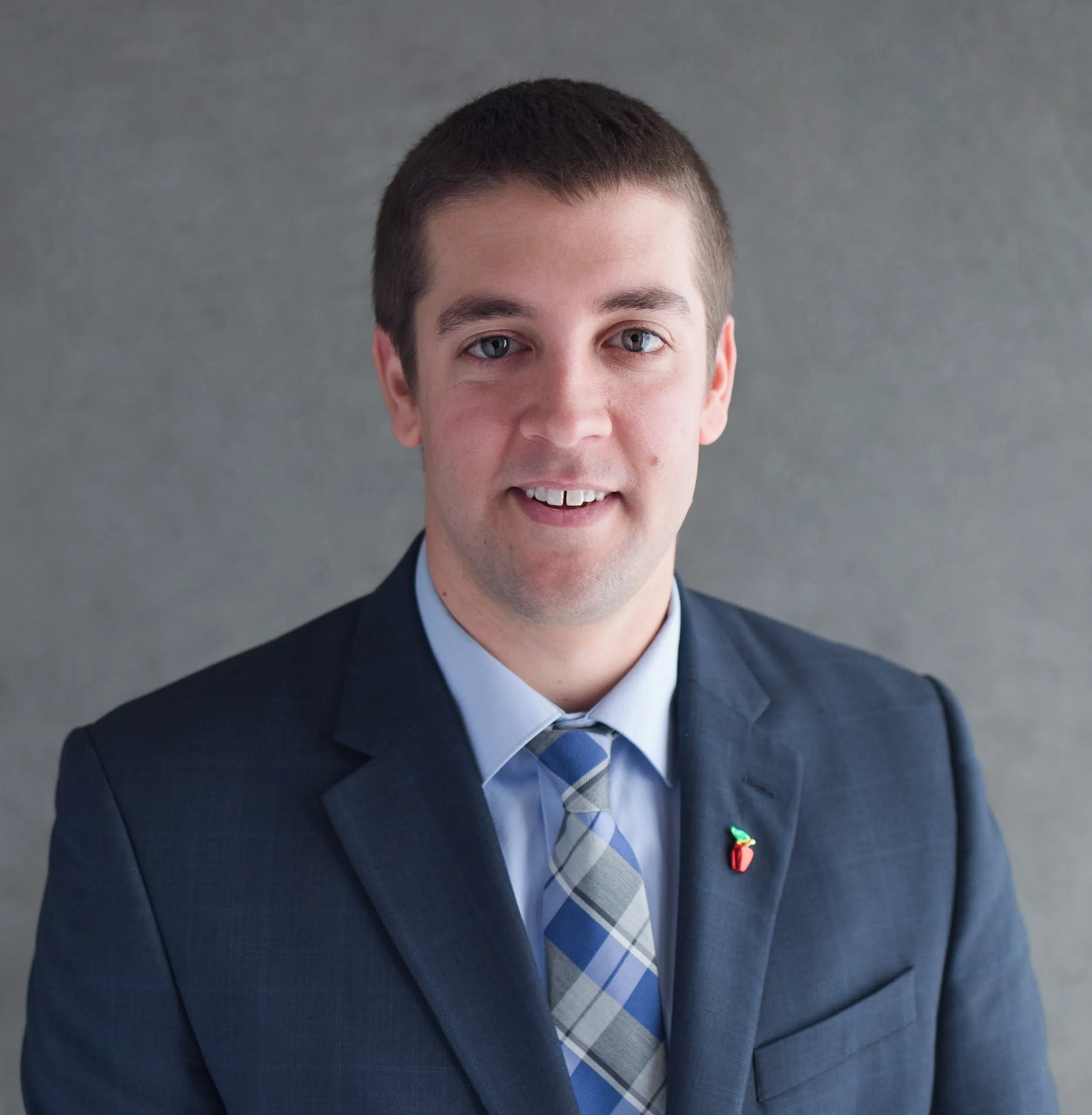
 Charleston, IL -(Effingham Radio)- As Illinois leaders work on solutions, ROE #11 Regional Superintendent Kyle Thompson is teaming with area legislators to make the path to becoming a teacher easier.
Charleston, IL -(Effingham Radio)- As Illinois leaders work on solutions, ROE #11 Regional Superintendent Kyle Thompson is teaming with area legislators to make the path to becoming a teacher easier.
Thompson believes one barrier that should be removed is the relatively new edTPA.
Short for Education Teacher Performance Assessment, the edTPA was written into the Illinois School Code in 2015. It requires student teachers to complete a series of arduous tasks while they are student teaching, most notably videotaping themselves while teaching in the classroom. Upon completion, the student teachers are required to submit their evidence to Pearson, a third-party evaluator.
Over the past several years, Thompson has encountered dozens of teaching candidates who have stopped pursuing their dream of teaching because of this hurdle. “These are capable, competent teacher candidates who have been favorably evaluated by university professors and K-12 teachers,” Thompson said. “Now they have to pay money to let someone they have never met watch a brief video to determine their entire future.”
Over the past few months, Thompson has spoken with several area legislators who agree that the test is an unnecessary burden on would-be educators.
House Bill 4059 was introduced with the intention of removing this provision. State Representatives Darren Bailey (R-Xenia), Brad Halbrook (R-Shelbyville), and Chris Miller (R-Oakland) are all lead sponsors of the bill. “I appreciate that they took the time to learn about the problem and are working to solve it,” Thompson said.
The legislation has already drawn one Democratic co-sponsor in the House. Thompson expects that it will start important discussions among the state educational entities that brought edTPA to Illinois. “We all share a common goal of encouraging more young people to become teachers. We have different ways to get there, but the important thing is we will work through ideas like this to reach our goal,” Thompson said.
HB 4059 will be up for legislative consideration when the spring session begins Jan. 28.







